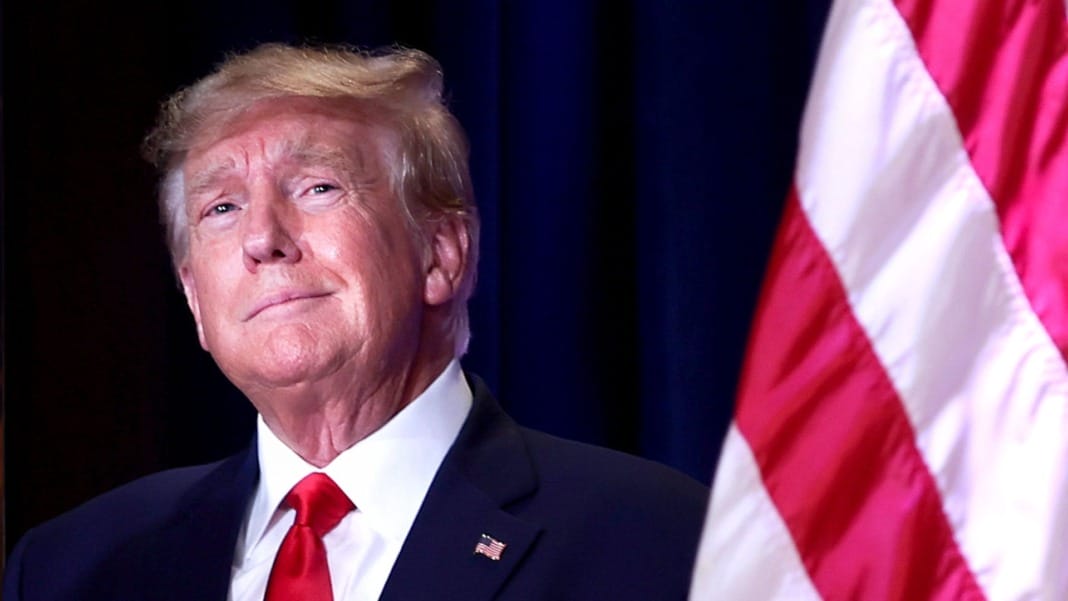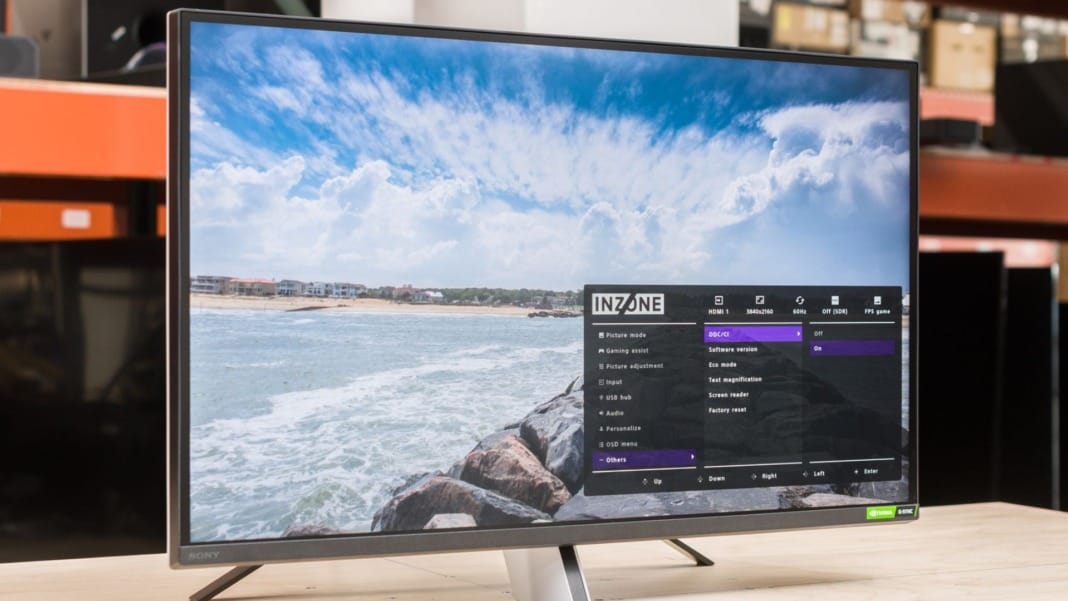Donald Trump announced plans to impose tariffs on imported computer chips, semiconductors, and pharmaceuticals, stating they would take effect “soon.” While speaking at the House GOP Issues Conference at the Trump National Doral Resort in Miami on Monday afternoon, Trump didn’t specify how his administration would handle the US$52 billion in subsidies from the CHIPS Act. However, he criticised the current programme under President Joe Biden, calling it “ridiculous” and claiming it would not achieve its goals.
Trump proposed tariffs as an alternative to government subsidies to bring manufacturing back to the United States. “We don’t want to give them billions of dollars. The incentive will be simple—they won’t want to pay a tax,” he said.
Trump’s proposed tariff rates
Trump mentioned that the tariff rate would be “much bigger” than 2.5 per cent. This comes despite past challenges during his trade war with China, which saw an expansion of China’s trade surplus with the US from 2018, when the tariffs began, through 2021.
According to a CTA report, tariffs similar to those proposed by Trump could result in significant consumer price increases. The report estimated potential cost hikes of 46 per cent for laptops and tablets, 40 per cent for gaming consoles, and 26 per cent for smartphones.
Trump expressed confidence that his tariff plan would boost domestic manufacturing, saying, “We will have more plants built in the next short period than ever before because the incentive will be there.” He did not provide details on how many projects were in progress or would be initiated under his administration.
The Commerce Department has already reported progress under the CHIPS Act. As of last autumn, US$30 billion in private sector investments had been announced, covering 23 projects across 15 states, with 16 new manufacturing facilities underway. However, Trump’s remarks suggest tariffs would be a more effective motivator than subsidies.
Comments on AI development
During his speech, Trump also mentioned DeepSeek, an AI company, saying its technology could make artificial intelligence faster and cheaper. “If it is fact and it is true—and nobody knows—but I view that as a positive,” he said.
Trump added that AI development should focus on efficiency, stating, “Instead of spending billions, you will spend less and hopefully come up with the same solution.” This contrasts with statements from OpenAI, Softbank, and other companies, which have announced plans to invest US$500 billion in AI data centres.
Despite these comments, Trump did not outline specific policies regarding AI development or address how his proposed tariffs might impact innovation in this field.
Trump’s tariff vision is rooted in his broader agenda to boost domestic production and reduce reliance on imports. Whether his plans would achieve these goals or lead to higher consumer costs remains a point of debate.





